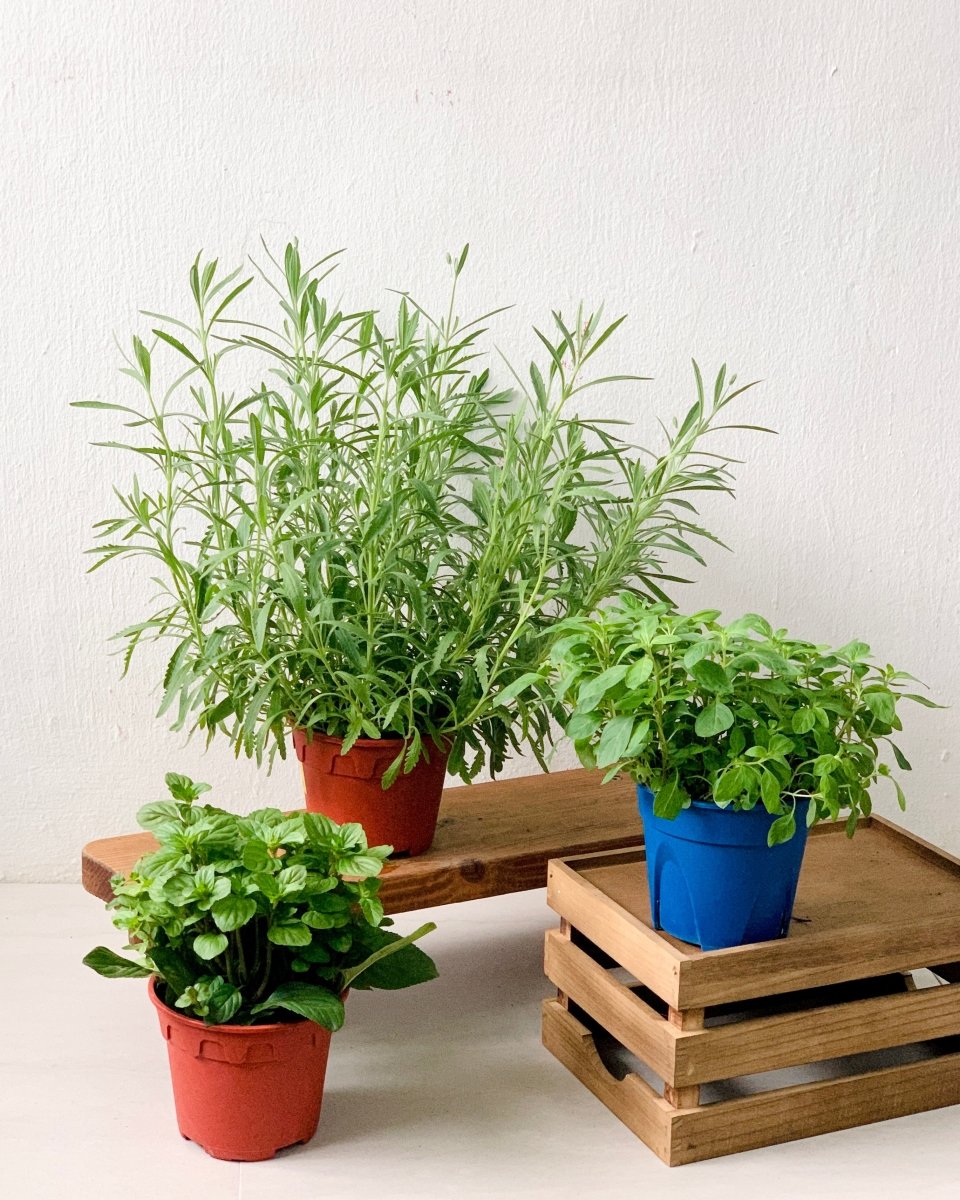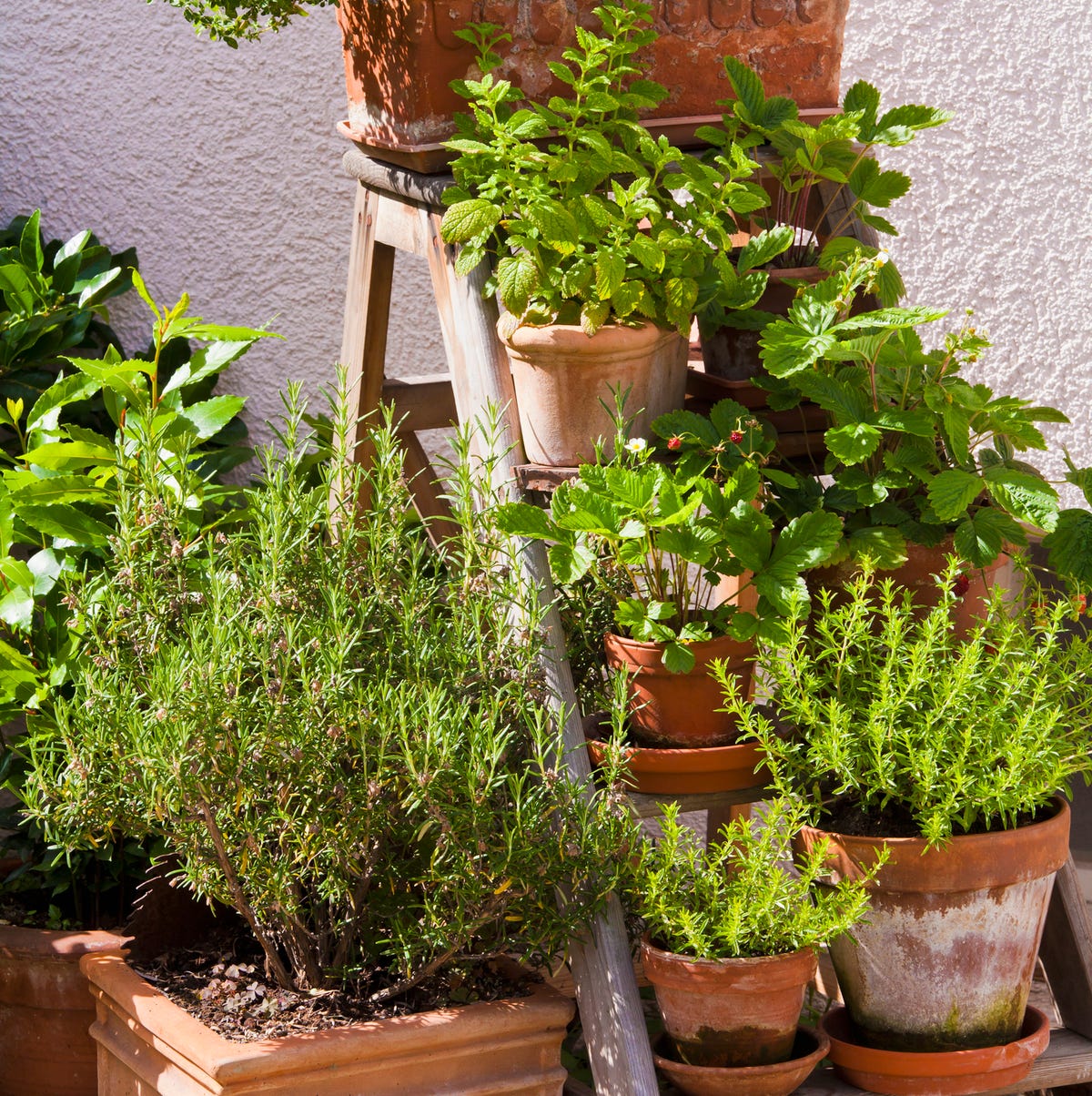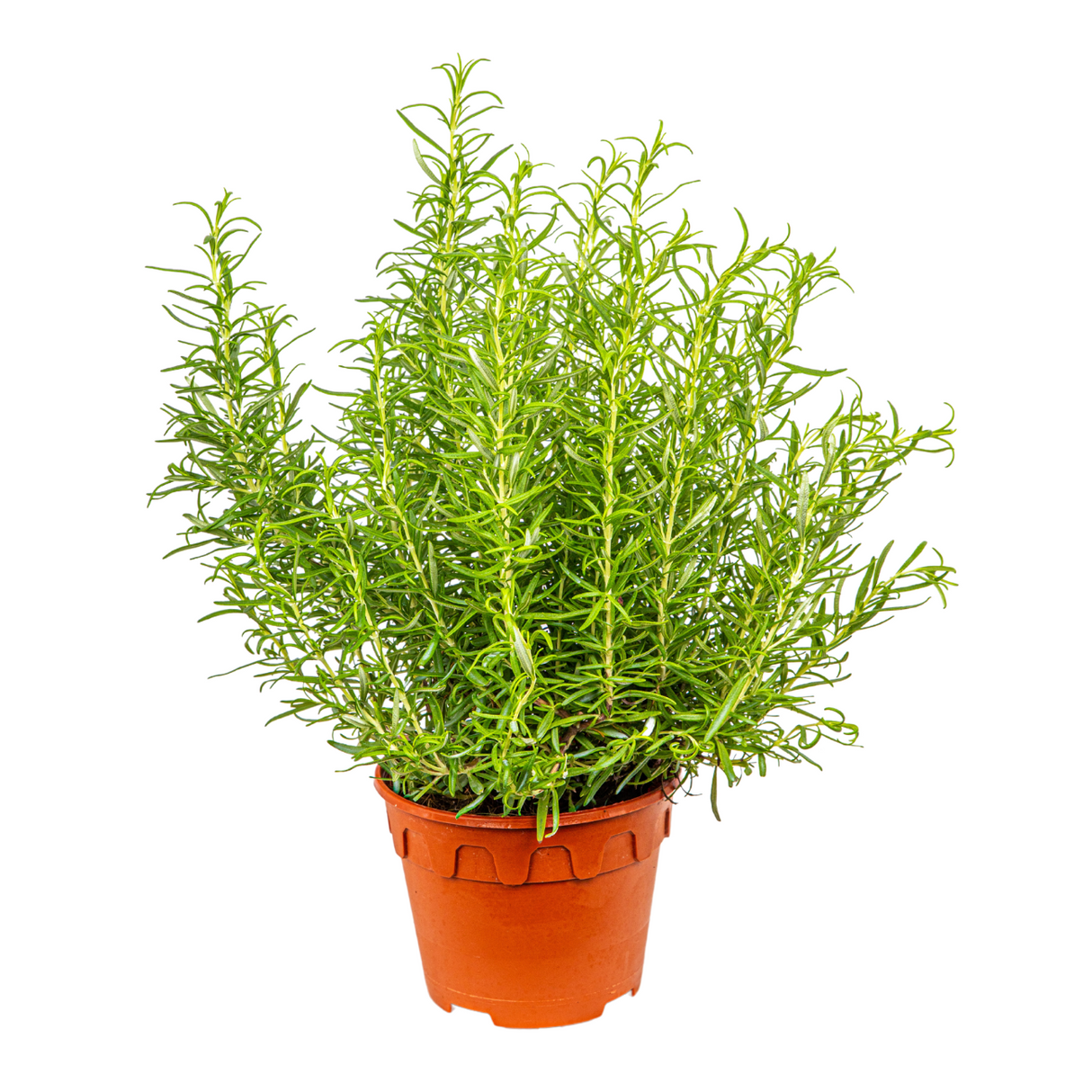A Comprehensive Guide to Herbs: Cultivating and Using Nature’s Medicine Cabinet
Herbs, those small but mighty plants, have been an integral part of human history for millennia. From ancient civilizations to modern-day kitchens and medicine cabinets, herbs have played a significant role in our lives. This comprehensive guide will delve into the fascinating world of herbs, exploring their cultivation, uses, and the benefits they offer.
The History and Significance of Herbs
Herbs have been cherished for their medicinal properties since time immemorial. Ancient Egyptians, Greeks, and Romans employed herbs to treat various ailments and maintain overall health. Herbal remedies were often the primary form of medicine until the advent of modern pharmaceuticals.

In traditional medicine systems like Ayurveda, Chinese medicine, and Native American healing practices, herbs continue to hold a central position. These systems emphasize the holistic approach to health and well-being, recognizing the interconnectedness of the mind, body, and spirit.
Types of Herbs and Their Uses
The world of herbs is incredibly diverse, with thousands of species offering a wide range of benefits. Here are some common types of herbs and their uses:

Basil: A versatile herb with a sweet, slightly peppery flavor, commonly used in Italian and Mediterranean cuisine.
Chamomile: A calming herb known for its ability to reduce anxiety and promote sleep.

Mint: A refreshing herb with a strong, minty flavor, commonly used in tea, desserts, and cocktails.
Cultivating Herbs at Home
Growing your own herbs is a rewarding and sustainable way to enjoy their benefits. Here are some tips for cultivating herbs at home:
Choose the right location: Herbs prefer sunny, well-draining areas.
Incorporating Herbs into Your Daily Life
Herbs can be easily incorporated into your daily life in various ways:
Cooking: Use herbs to flavor your meals and add depth to your dishes.
The Benefits of Herbs
Herbs offer a wide range of benefits for both physical and mental health. Some of the key benefits include:
Improved digestion: Many herbs aid in digestion, reducing bloating, gas, and constipation.
Safety and Precautions
While herbs are generally safe when used appropriately, it’s important to exercise caution. Here are some safety tips:
Consult a healthcare professional: If you have any underlying health conditions or are taking medications, consult with a healthcare professional before using herbs.
Conclusion
Herbs are a valuable resource for promoting health, wellness, and a more sustainable lifestyle. By understanding their history, uses, and benefits, you can harness the power of these natural remedies to improve your overall quality of life. Whether you’re cultivating herbs in your garden, using them in your cooking, or incorporating them into your daily routine, the possibilities are endless.

:max_bytes(150000):strip_icc()/how-to-grow-coleus-1402921-02-6ca494adf94f4a5887c94256a24ebf33.jpg?w=200&resize=200,112&ssl=1)



:max_bytes(150000):strip_icc()/hoya-plants-1315763-hero-fe8b10a522eb4d7e9ada8abbc303fbc5.jpg?w=200&resize=200,112&ssl=1)